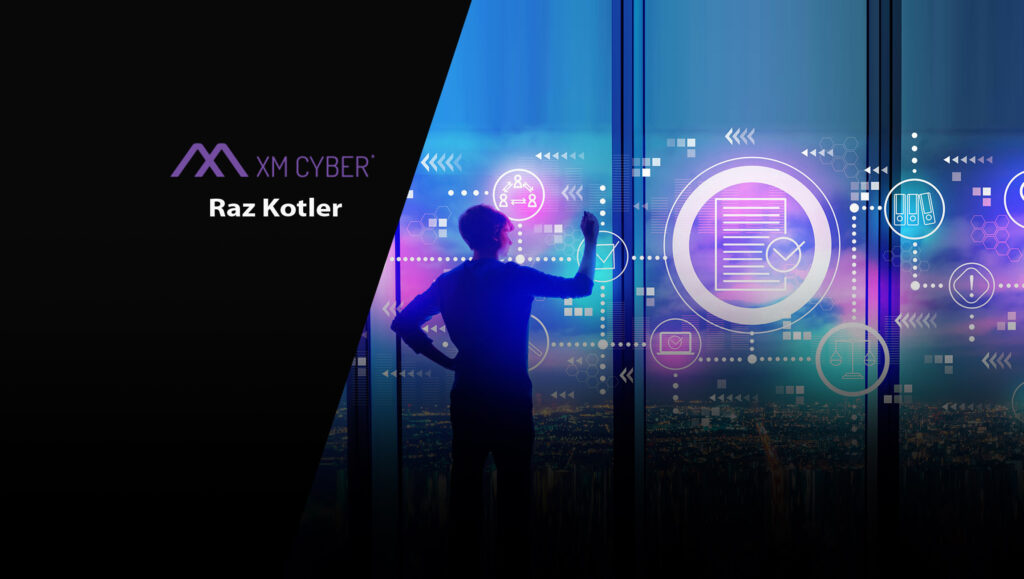With the COVID-19 pandemic accelerating a global trend toward remote work — and cloud computing continuing to grow ever more complex — maintaining robust cybersecurity has become an increasingly important strategic objective for today’s organizations.
Yet while you’d be hard pressed to find anyone who doesn’t pay lip service to the need for stronger security, sophisticated organizations understand that such talk is cheap.
For true peace of mind, it’s imperative to work with service providers who can meet the most rigorous established standards for safe data handling. Today, that means SOC 2, Type II compliance.
Read More: Simpleshow Video Maker Enables The Creation Of Animated Explainer Videos Within Microsoft Teams
Understanding What SOC 2 Compliance Entails
While it’s a mouthful to say, System and Organization Controls for Service Organizations II (better known as SOC 2) is a global standard for safe data handling by service providers. To earn SOC 2 compliance, these providers must undergo a rigorous audit that determines whether they can manage third-party information securely and privately.
Developed by the American Institute of CPAs, SOC 2 sets out a variety of criteria that must be met in several key areas. These include:
- Availability. Typically applying to firms that provide services such as hosting, colocation, data centers etc., this simply means that service provider systems will be online and performing when needed.
- Processing integrity. In other words, can the provider process information in an accurate, timely and authorized manner?
- Confidentiality and privacy. Does the service provider have the necessary controls and processes in place to ensure that all sensitive or personal data is managed in a way that shields it and comports with all relevant data privacy laws?
- Security. Are sufficient safeguards in place to ensure that unauthorized access does not occur?
Differences in SOC 2 Audits
SOC 2 audits can be Type I or Type II. While similar, the latter is much more rigorous, and the audit covers a longer period of time. Because of this, Type II has become the global standard for secure and confidential information handling for cloud services. A SOC 2-certified partner is required for businesses whose regulators, auditors, compliance officers, business partners, and executives require documented standards. To earn the prestigious Type II classification, companies must undergo even more stringent testing of their policies and procedures.
Core Benefits of SOC 2 Compliance
While security audits aren’t necessarily inexpensive, the cost of a data breach is often enormous. It’s estimated that the average breach now costs a victimized organization roughly $4 million — and that doesn’t even include reputational harm or other intangible losses. Paying for a SOC 2 audit upfront is one of the most impactful things you can do to minimize the risk of a data breach. It also helps provide you with something truly priceless — the peace of mind that comes with knowing you’ve taken all the necessary steps to protect your security environments.
The benefits of pursuing SOC 2 compliance aren’t merely financial, of course. The process will also allow you to develop actionable insight into the state of your security posture and risk management. Navigating this process can also often lead to bottom line improvements, as organizations streamline their processes and controls and make their services more secure and efficient. In many cases, it can also speed the overall compliance process, as the requirements of SOC 2 overlap with other frameworks, including ISO 27001 and HIPAA.
Securing SOC 2 certification also sends a message to existing and prospective clients. It shows that an organization is willing to take every step necessary to ensure that data remains protected. Fail to pursue SOC 2 compliance, and those customers may feel less comfortable with sending business your way. In a world that is growing ever more conscious of cybersecurity, failing to comply with SOC 2 is often perceived as a red flag.
There is a flipside to this as well: If you are SOC 2 compliant, your organization will earn a competitive edge over rivals who fail to do so. Having a SOC 2 report can be leveraged as a differentiator when developing marketing and advertising campaigns. After all, any company can claim to be secure, but being able to demonstrate SOC 2 compliance is hard evidence that an organization has devoted the necessary resources to meeting the rigorous demands of an audit.
Read More: SalesTechStar Interview with Andrew Bocskocsky, CEO & Co-Founder at Grata
The Takeaway
Every year, data breaches become greater in number and more expensive to suffer. As cloud computing grows more complex and the attack surface expands, the challenge of protecting sensitive data becomes even more acute. One simple server misconfiguration, or the act of clicking on a suspicious email, can set off a chain of events that can quickly spiral out of control, sometimes creating existential risk for victimized organizations.
So how can companies be assured that service providers are backing up their words with action? Checking for SOC 2 compliance (particularly the more difficult to secure Type II) is one of the easiest steps an organization can take to gauge the worthiness of service providers. Those who have passed through the gauntlet of a SOC 2 Type II audit — and have emerged with passing marks on the other side — have demonstrated that they have committed sufficient resources to meeting one of the world’s most exacting data handling standards.
Improving Marketing and Sales Alignment, Adjusting to the New Normal and Scaling Business Growth Despite Covid-19, catch more in these conversations with experts from JotForm, Xactly, Demandbase!




















